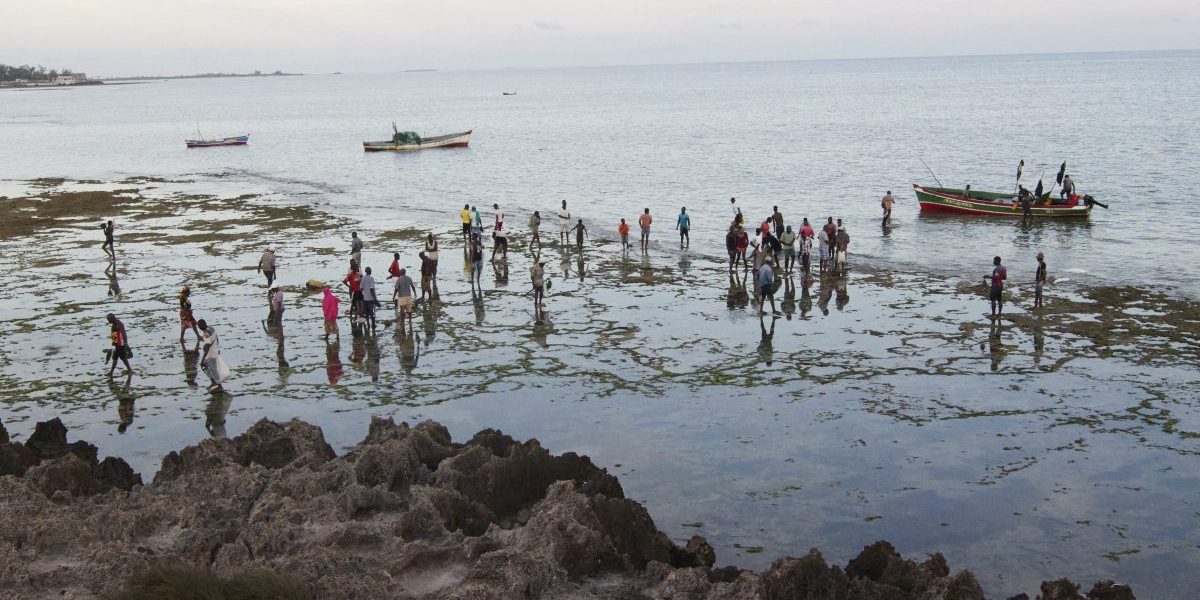Summary:
- Climate change is a reality in all SADC countries and needs immediate action.
- Policy and regulatory frameworks in many SADC countries are insufficient to ensure community involvement.
- In the absence of government action, communities adapt autonomously, sometimes in an uncoordinated manner.
- However, there have been cases where communities successfully collaborated with governments to implement resource management models.
- Non-governmental organisations are key partners for communities, providing capacity building and financing for successful ecosystem-based adaptation (EbA) initiatives in the coastal zone.
- Civil society organisations play an important role in environmental advocacy to ensure that governments are held accountable. Key recommendations include empowering communities and including their views in policy- and law-making, and upscaling and implementing feasible community-driven initiatives.
Listen:








